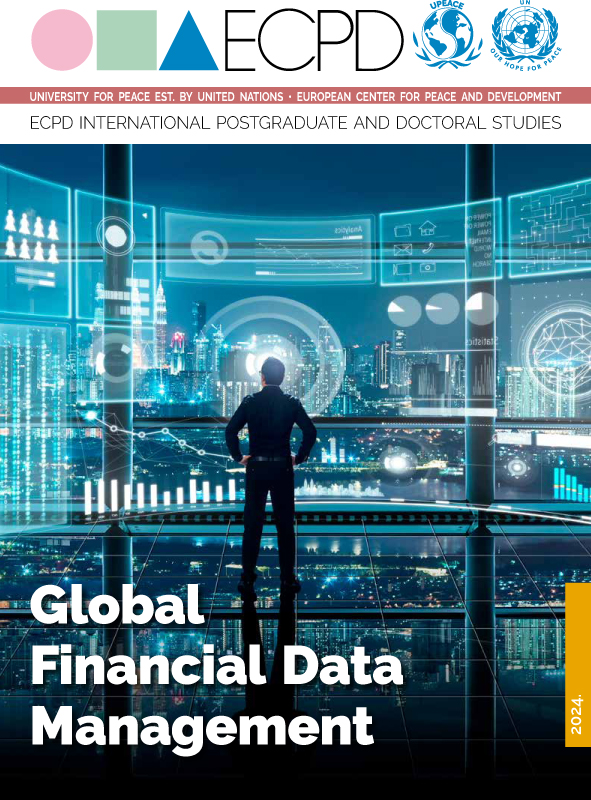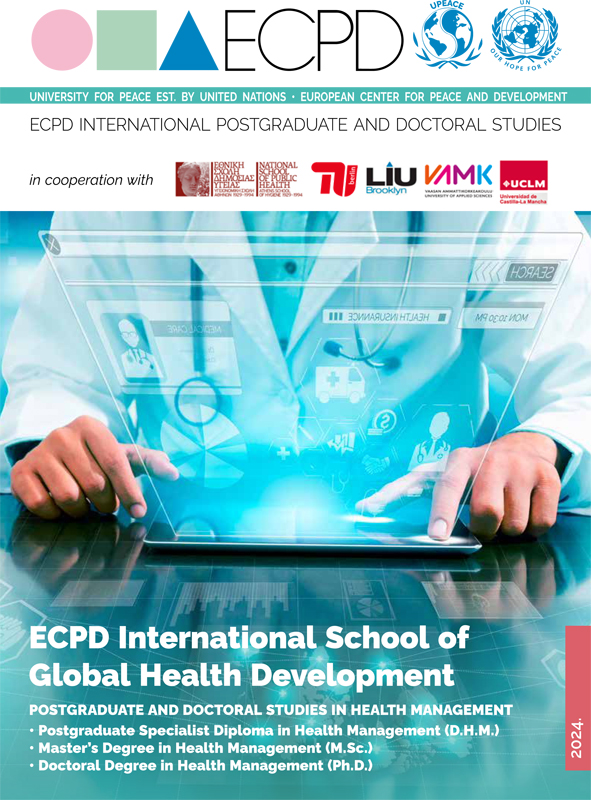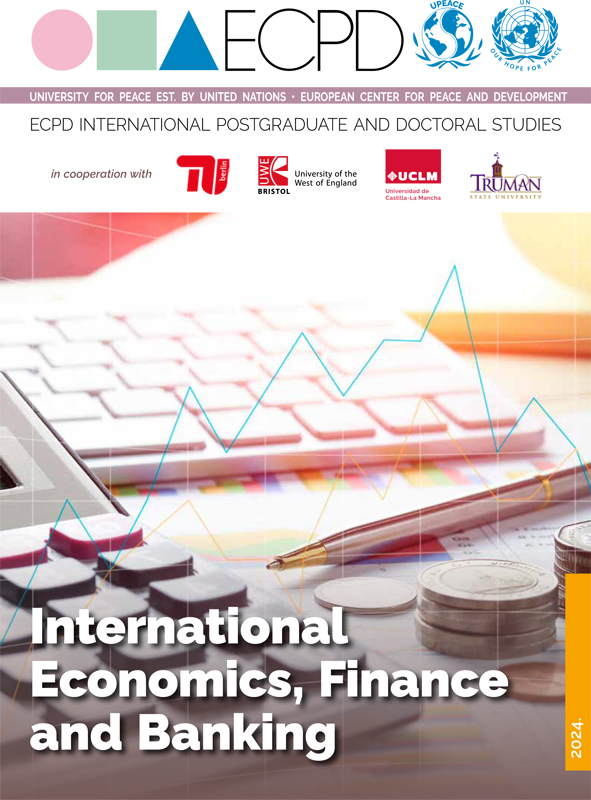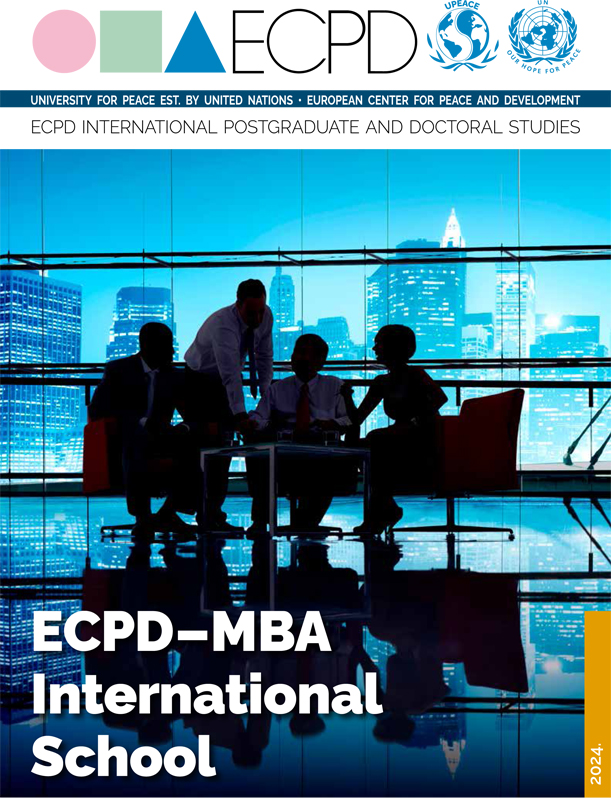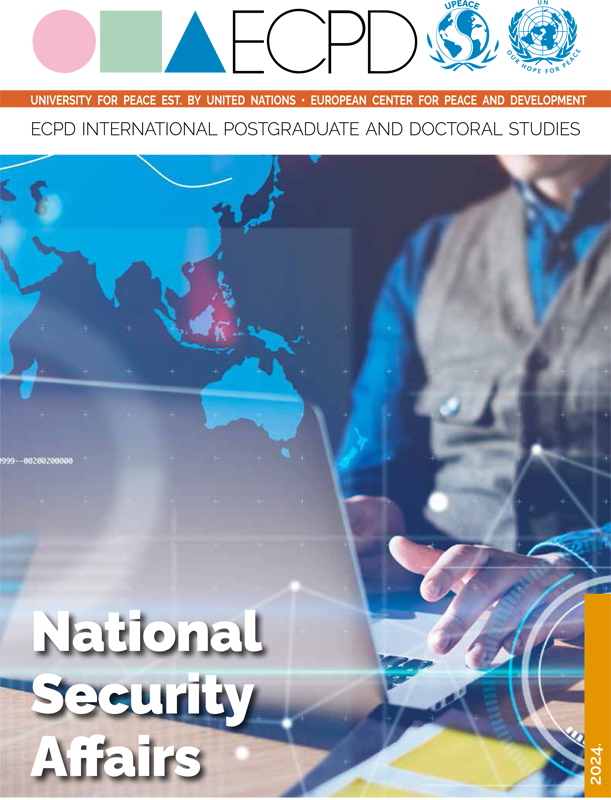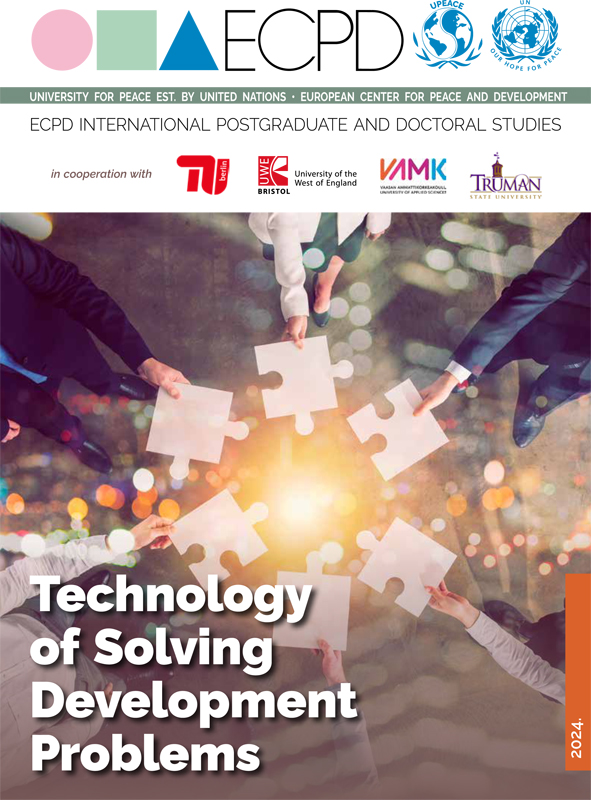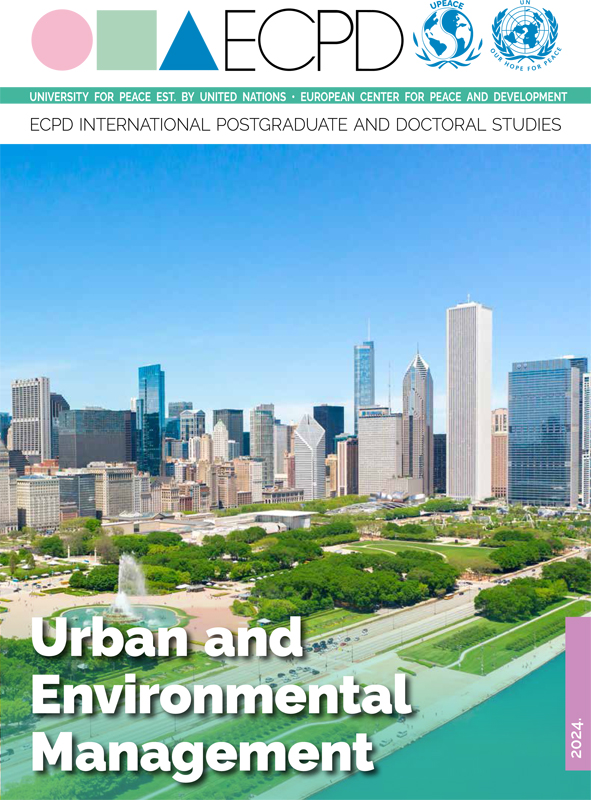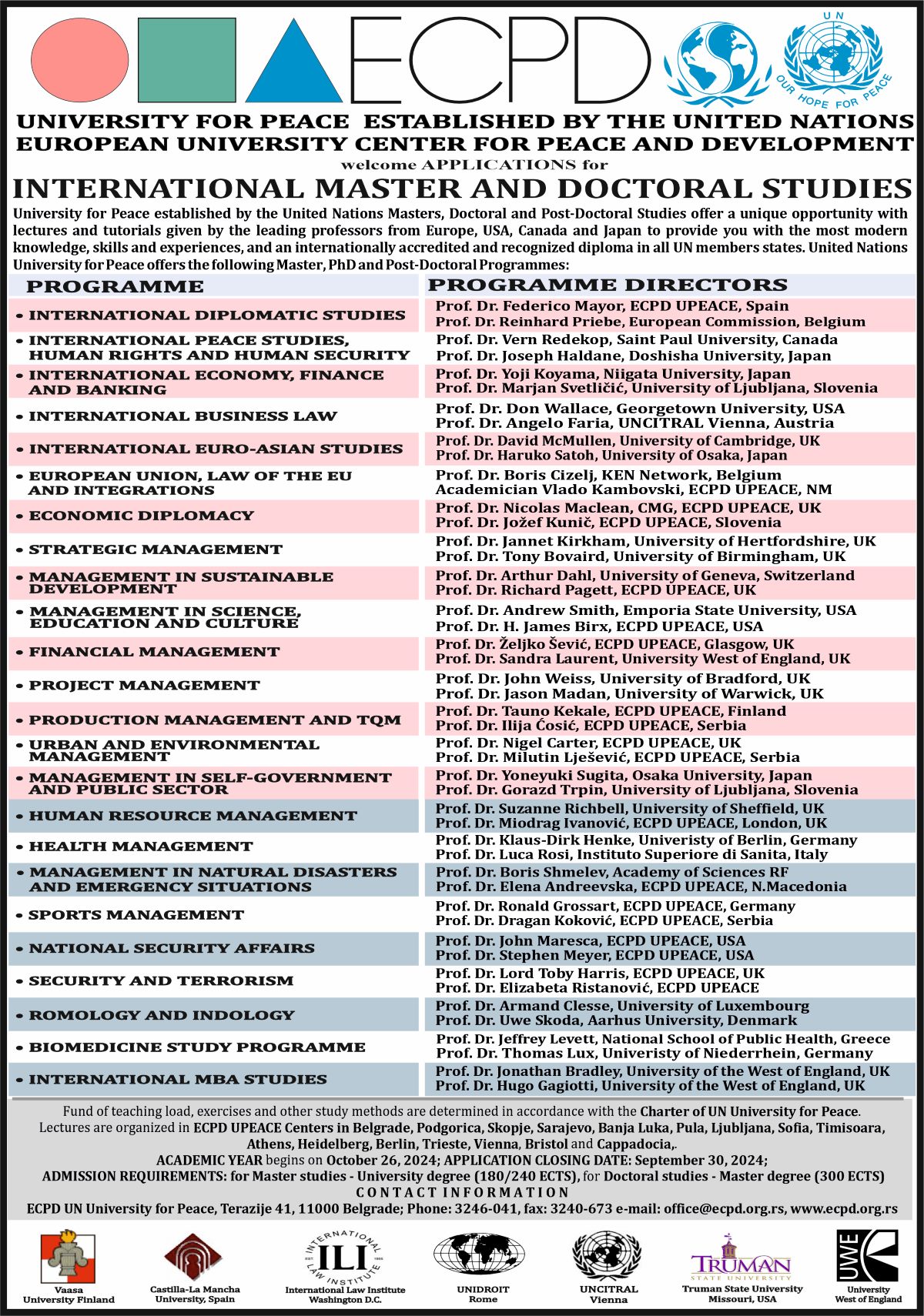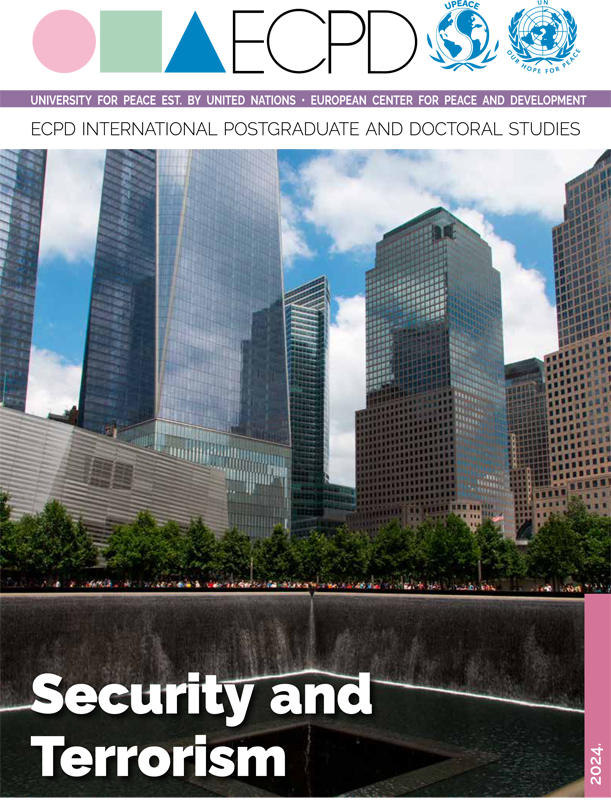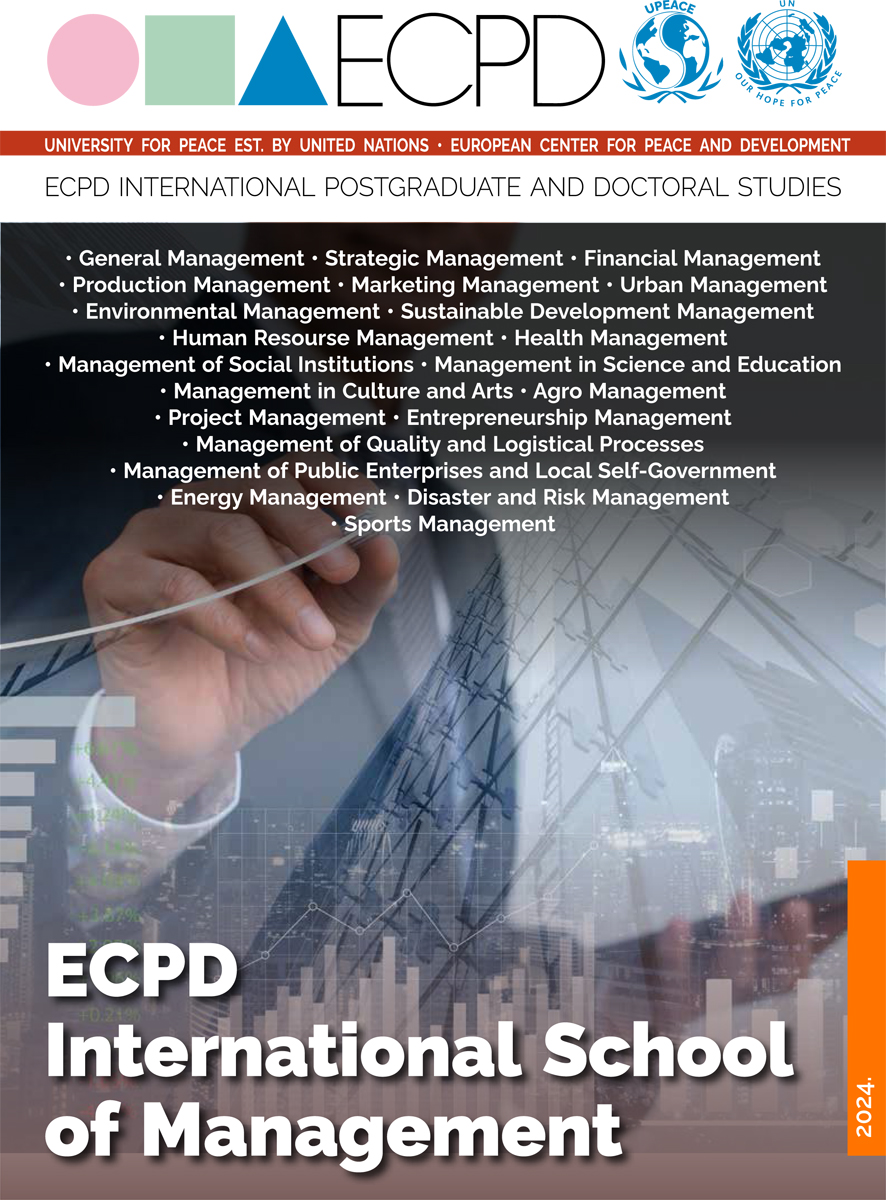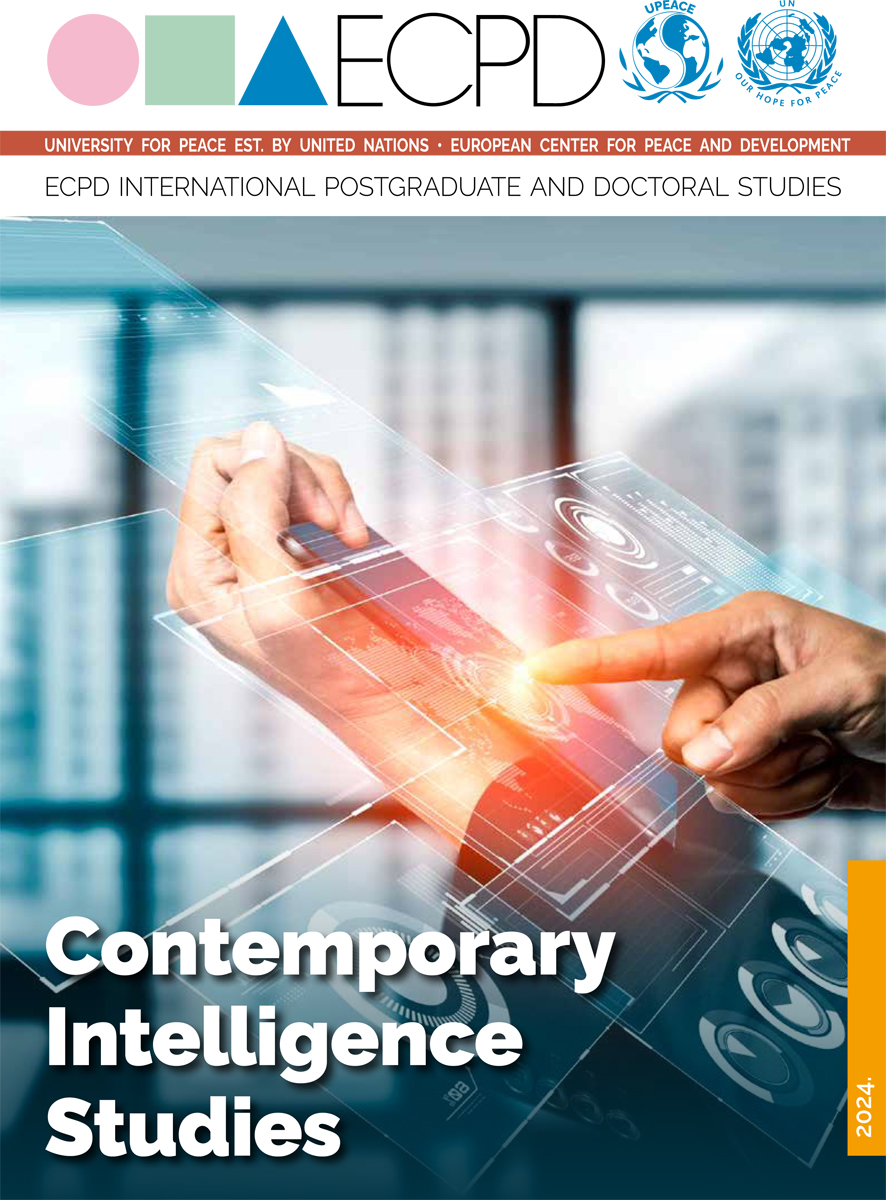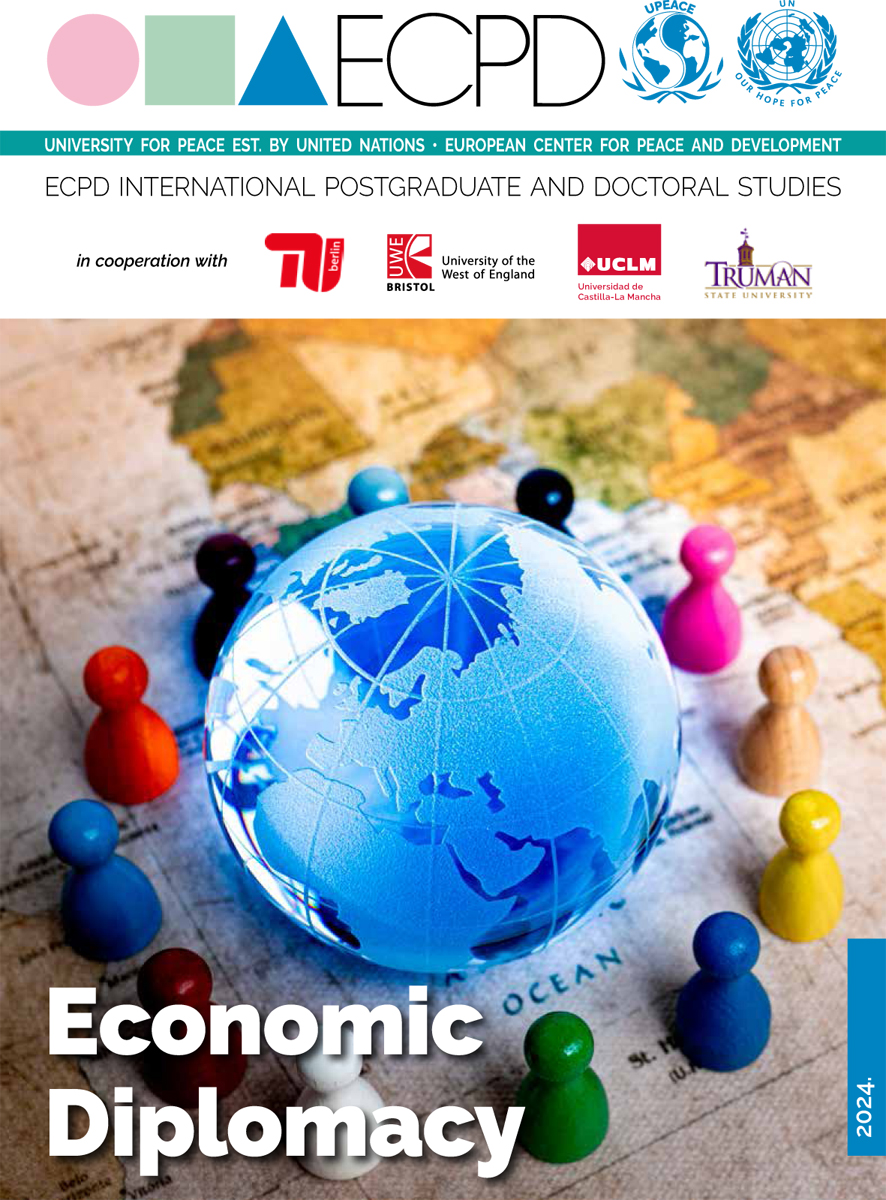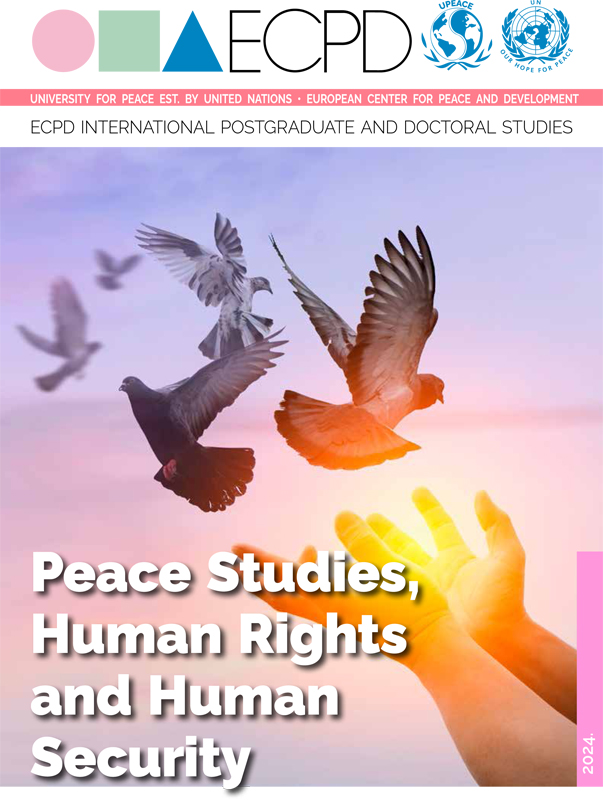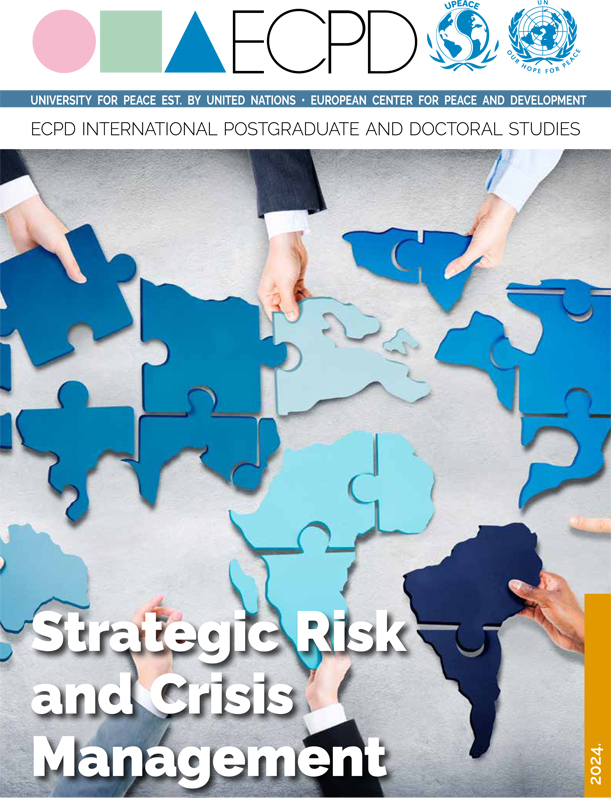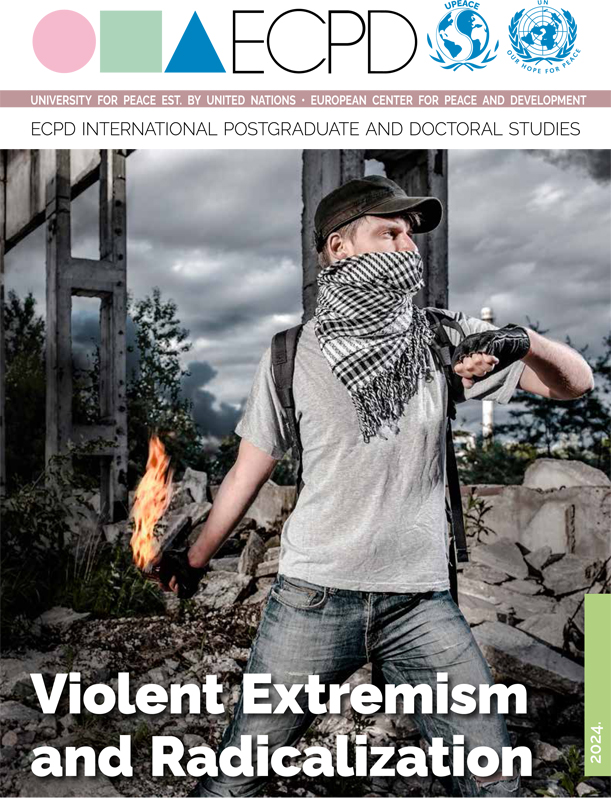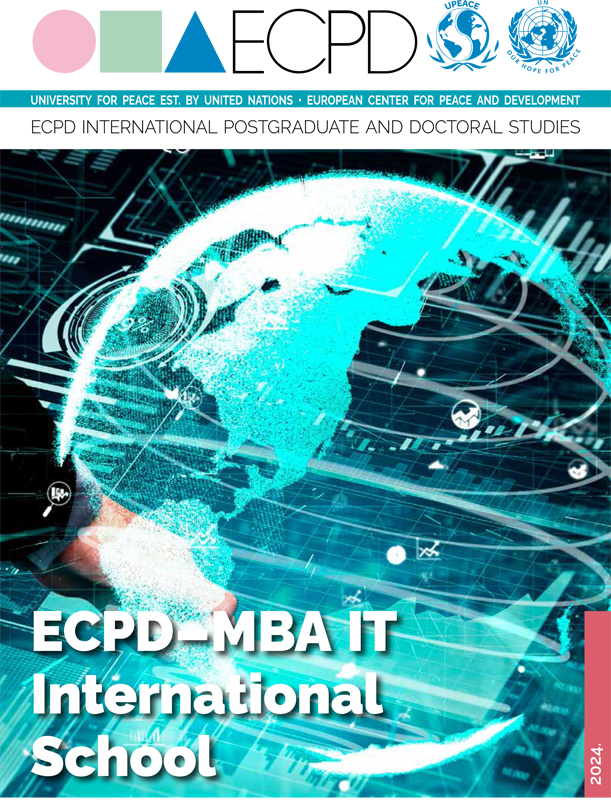
ECPD International Round Table
“GLOBAL SOUTH: AT 50 AND BEYOND”
Belgrade, October 26, 2014
Following its 2013 Conference, ECPD organized a round table on “Whither the Global South in the 21st Century”. Following a very interesting exchange, it was decided to invite additional views and opinions and thus initiate a broader discussion on this important topic. Based on this decision, the Chairman of the Honorary Council of ECPD, Dr. Boutros Boutros-Ghali, wrote a letter to a large number of personalities and experts in the South and to several institutions, seeking their reflections and inputs. A copy of this letter is attached. The letter was accompanied by a background note, the text of which follows:
The South Commission, in its report The Challenge to the South, launched in 1990, noted that:
“The countries of the South vary greatly in size, in natural resource endowment, in the structure of their economies, in the level of economic, social, and technological development. They also differ in their cultures, in their political systems, and in the ideologies they profess. Their economic and technological diversity has become more marked in recent years, making the South of today even less homogenous than the South of yesterday.
Yet in this diversity there is a basic unity. What the countries of the South have in common transcends their differences; it gives them a shared identity and a reason to work together for common objectives. And their economic diversity offers them opportunities for co-operation that can benefit them all.”
The Commission went on to identify some of the bonds that linked the countries of the South and were the basis of their solidarity expressed at the global level by the Group of 77 and the Non-Aligned Movement, including:
§ “their desire to overcome poverty and underdevelopment and secure a better life for their citizens”;
§ the fact that they “are unfavourably placed in the world economic system” and that“they are individually powerless to influence these processes and institutions and, hence, the global economic environment which vitally affects their development”;
§ and that, for the above reason, “they have made a collective demand for the reform of the international economic system so as to make it more equitable and responsive to the needs of the vast majority of humanity-the people of the South”.
The Commission concluded that “The struggle for a fairer international system has consolidated their cohesion and strengthened their resolve to pursue united action”.
Twenty-five years have elapsed since this broad definition of the South was originally formulated. This has been an eventful, turbulent and challenging period for the Global South, as the international community underwent profound changes and experienced serious economic, financial, political and geopolitical crises.
The aim of the ECPD exercise, undertaken in cooperation with the Group of 77 is to elicit views and opinions about the state and prospects of the Global South from distinguished national leaders and personalities that have been engaged in and/or are familiar with the joint efforts of the developing countries to confront challenges of development and to evolve an equitable world economic and political order through the United Nations.
Among the issues that merit attention, for example, are:
§ what is the contemporary raison d’être of the Global South;
§ how to harness the potential of the rapidly evolving and diversifying South-South cooperation and at the same time to give it an inspiration and meaning that differs from the mercantilistic, neo-liberal rationale that has prevailed in traditional North-South economic dealings;
§ how to improve the efficiency, efficacy and influence of the Global South in the international arena, given its growing group potential and power; and
§ what are the elements of unity in great diversity that is characteristic of the developing countries that belong to the Global South, and how can this unity be translated into a platform of basic principles and objectives, or a charter of the South that can have a lasting value and contribute to the struggle to evolve a positive and cooperative global order and maintain world peace.
Replies have been slow in coming, and the original expectation to submit some of them to the G77+China Summit in Santa Cruz, Bolivia in June, organized to mark the 50th anniversary of the Group did not materialize. The 2014 Round Table will discuss the same topic, and consider the replies received by then which will be made available to the participants in due course, the Declaration adopted at the G77 Summit (attached), as well as the recent geopolitical events discussed by the main conference in the context of the West Balkans, but in their broader context and implications for developing countries and the Non-Aligned Movement.
The Group of 77 celebrates its 50 years in 2014; the Non-Aligned Movement celebrated its 50 years in 2011. The two twin groupings of the developing countries represent an important factor in the world arena. As they embark on the second half of the century of their existence and activity, it is important to ponder on the nature and prospects of the Global South, and on the challenges and opportunities it will face in the coming period.















